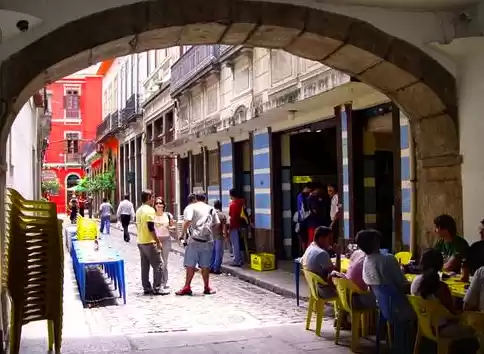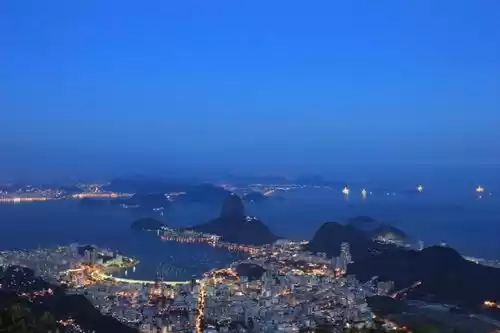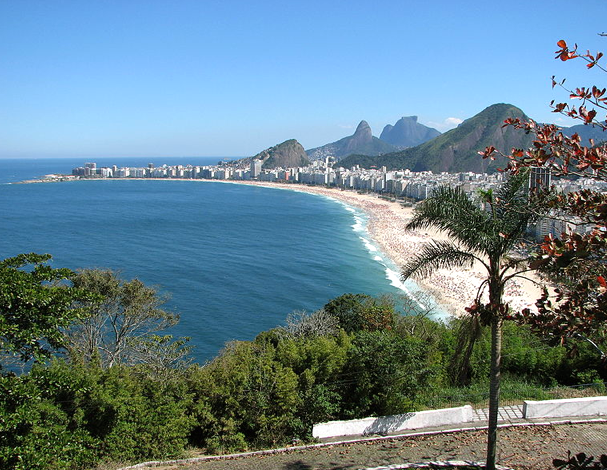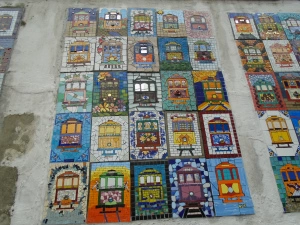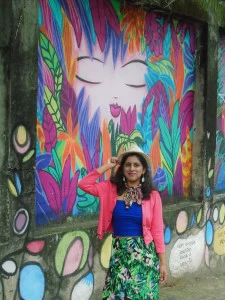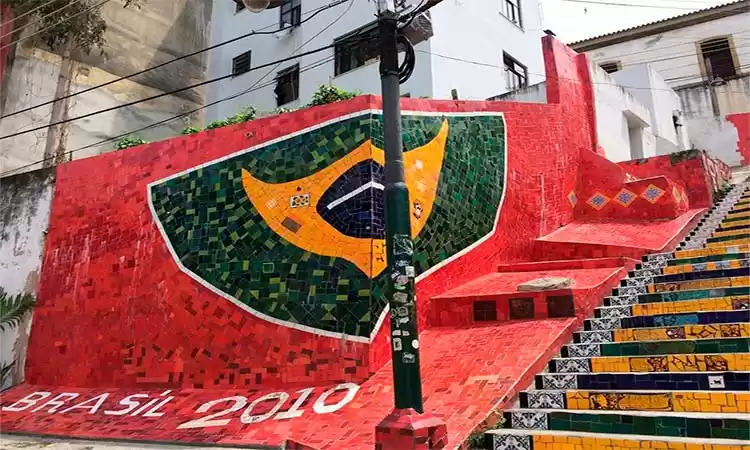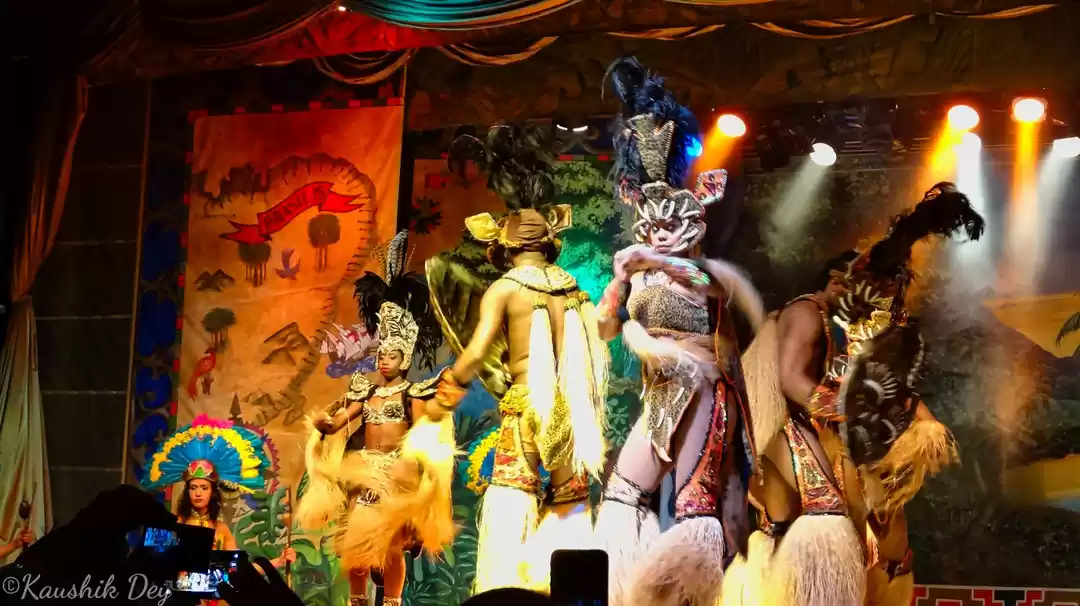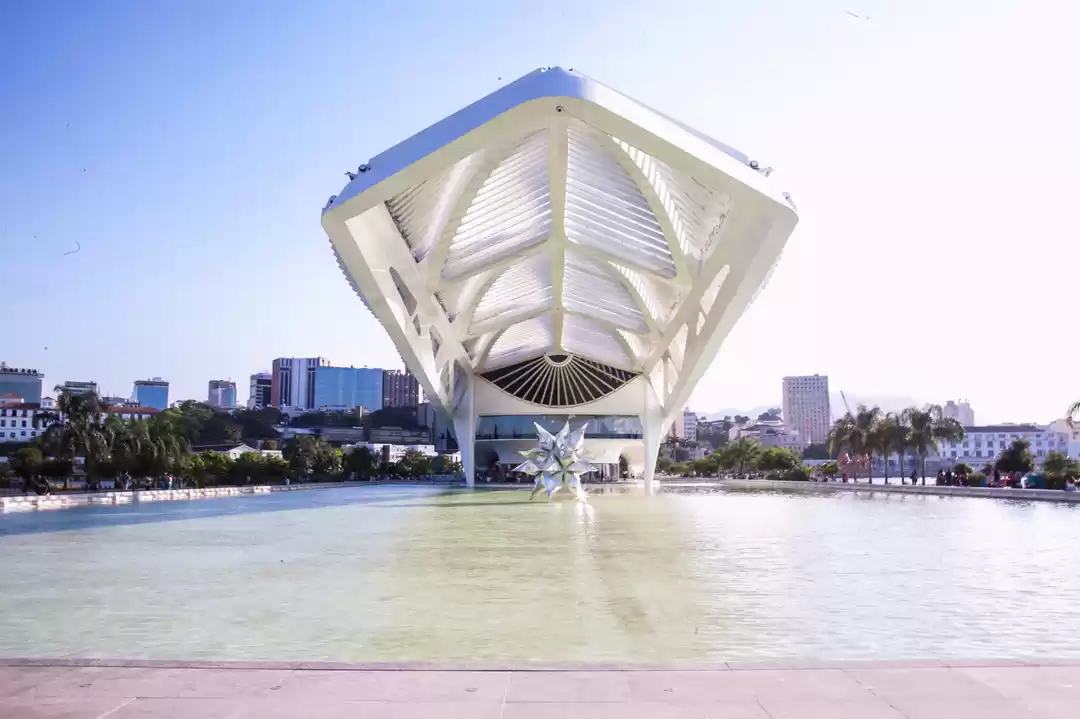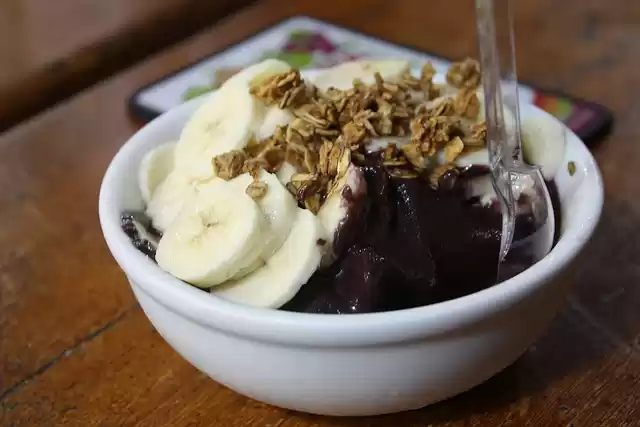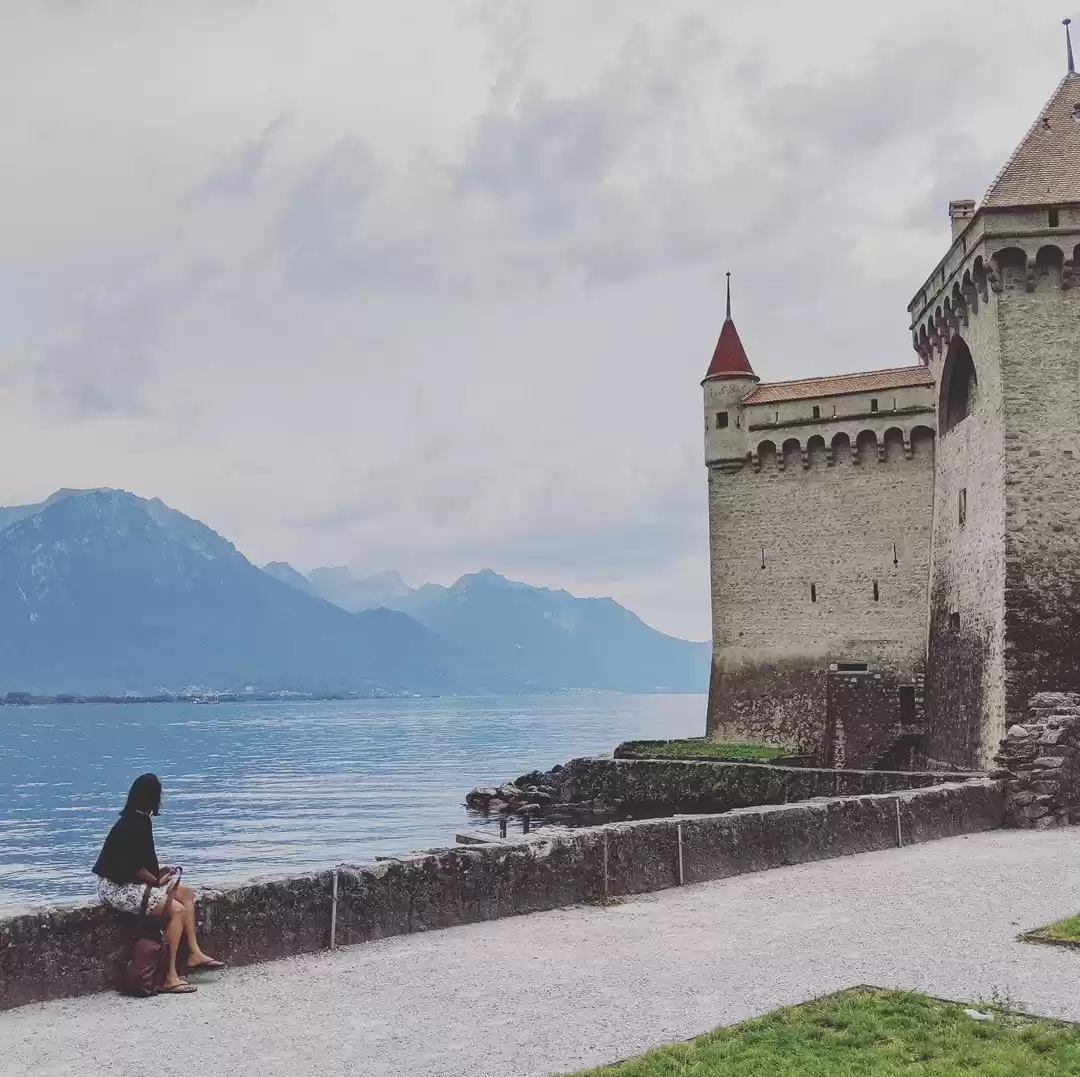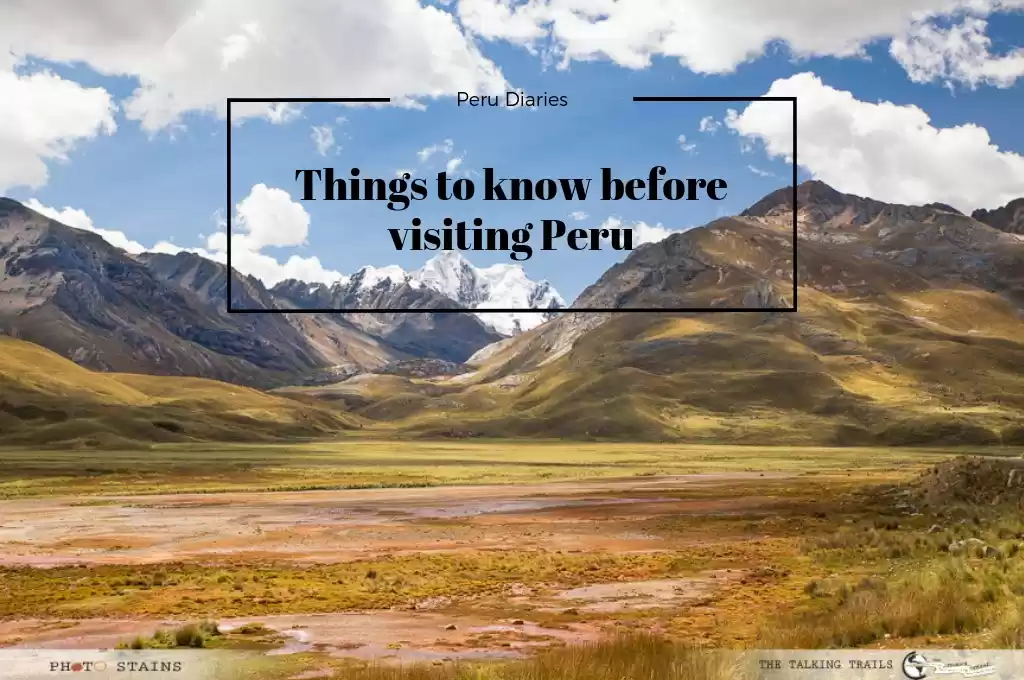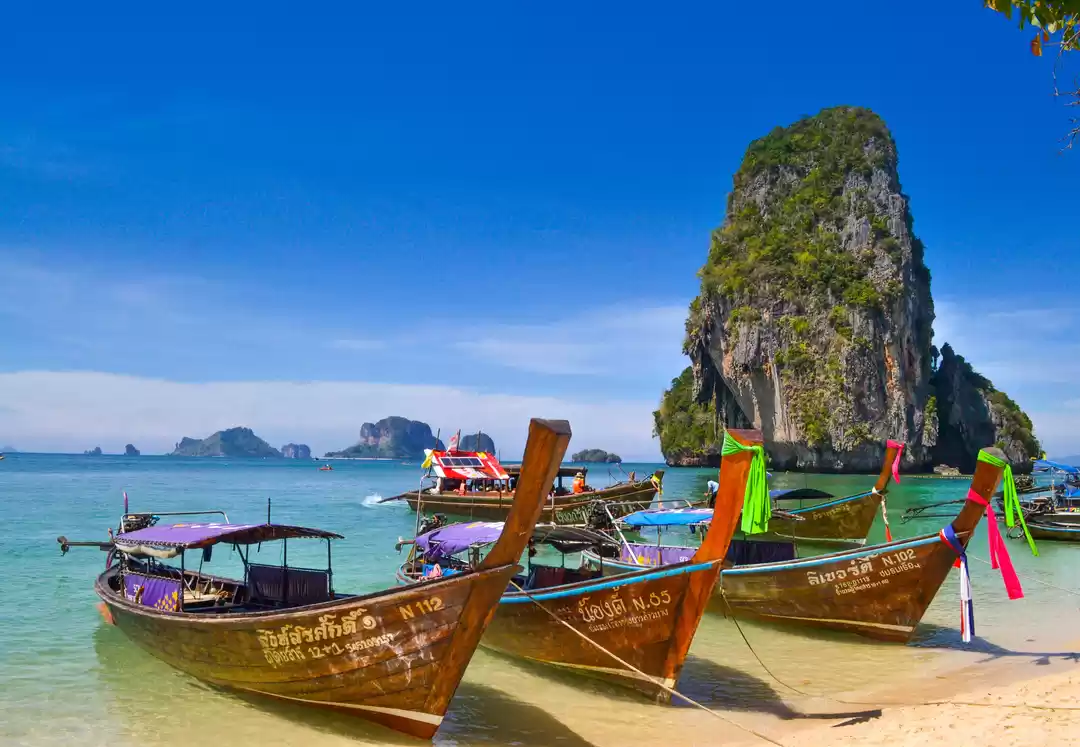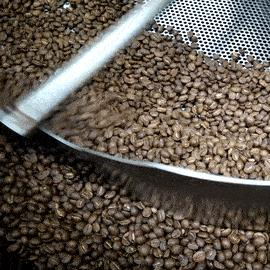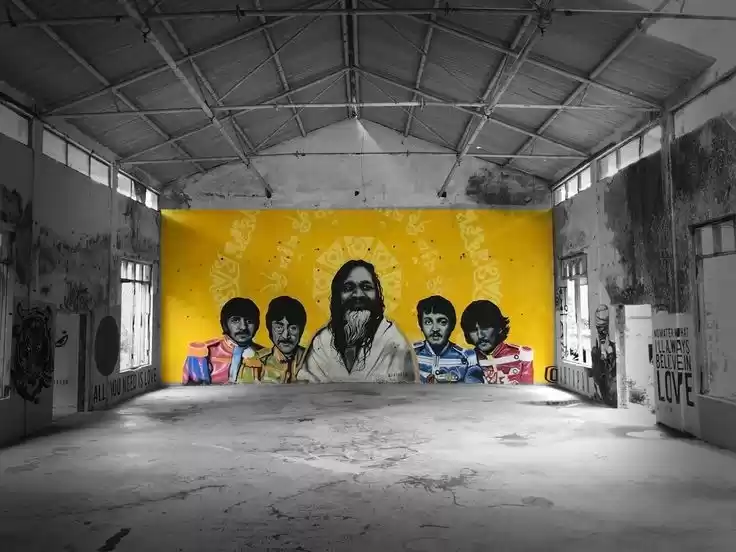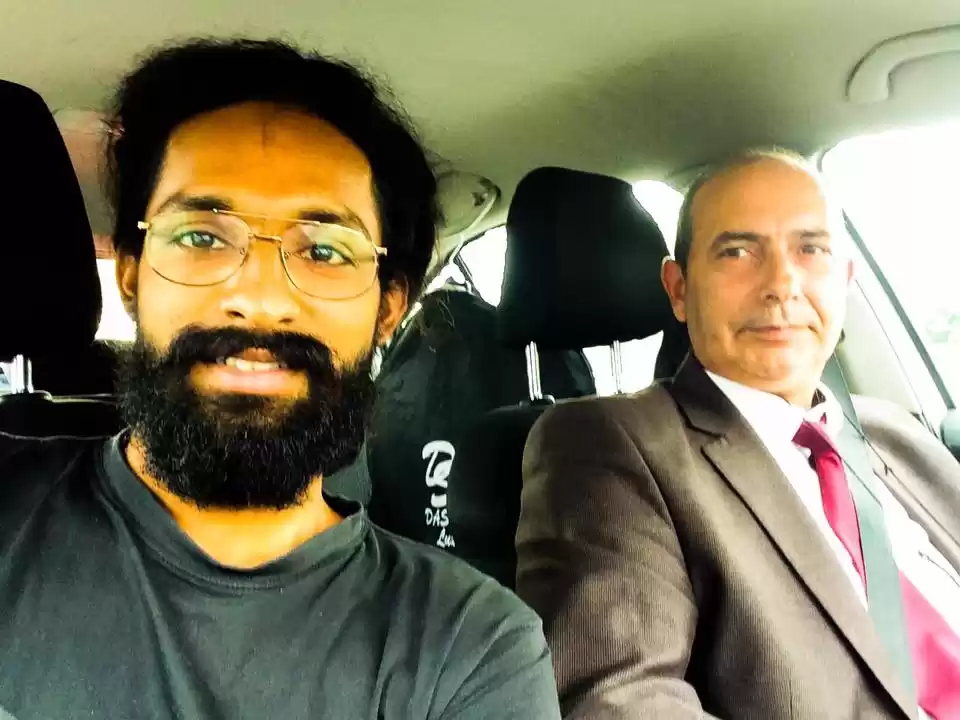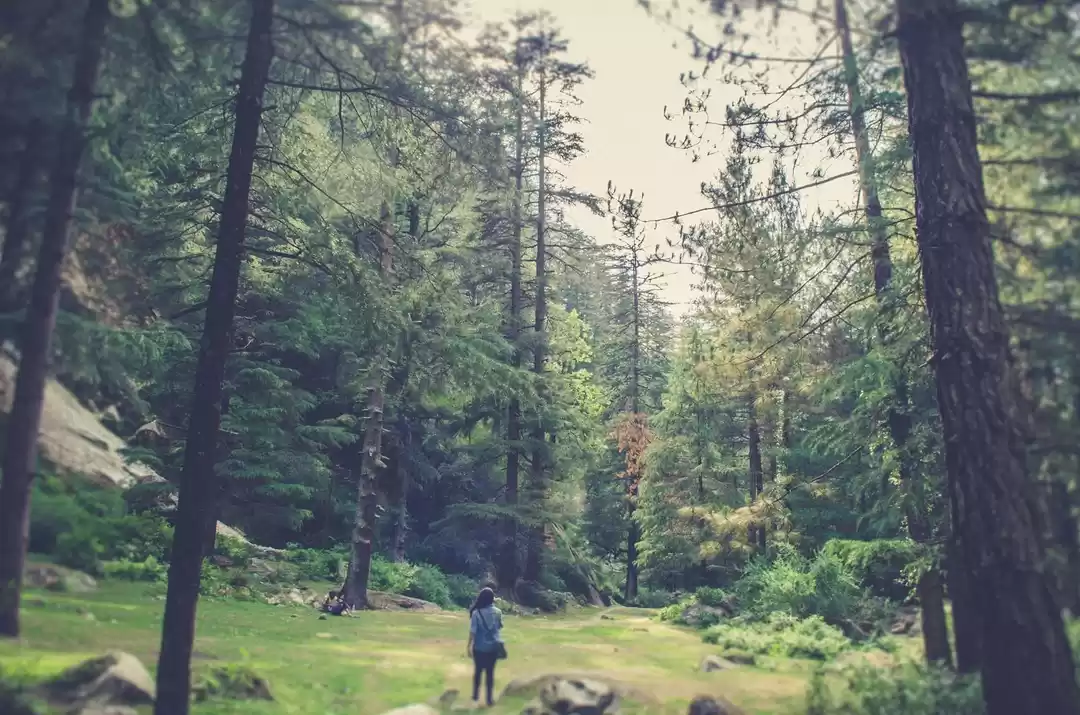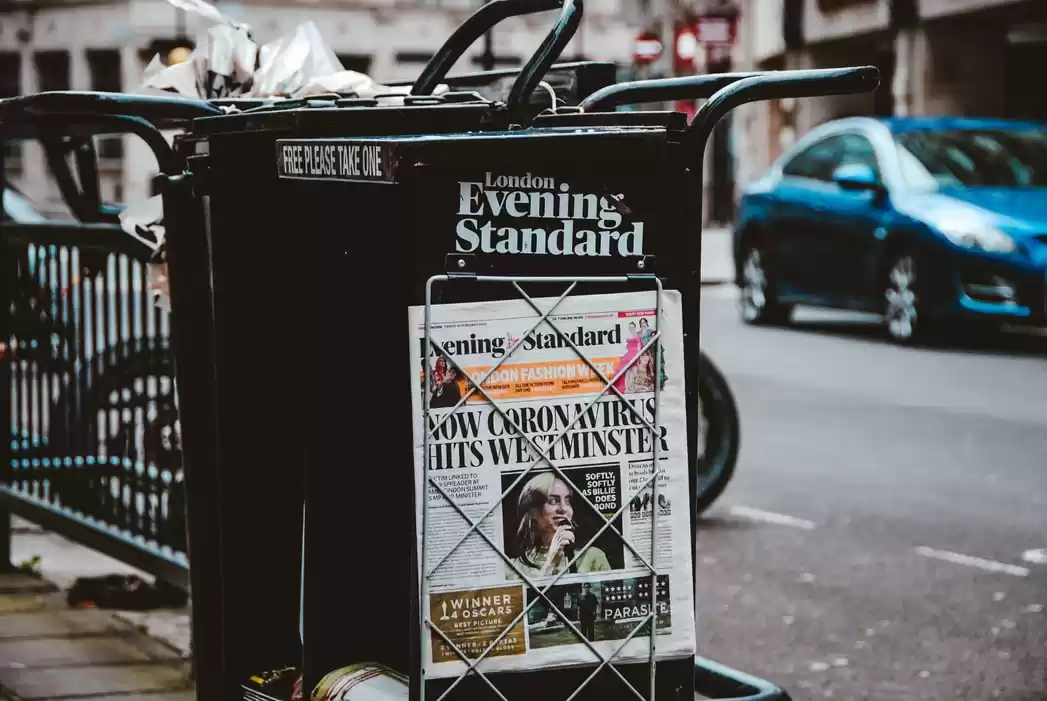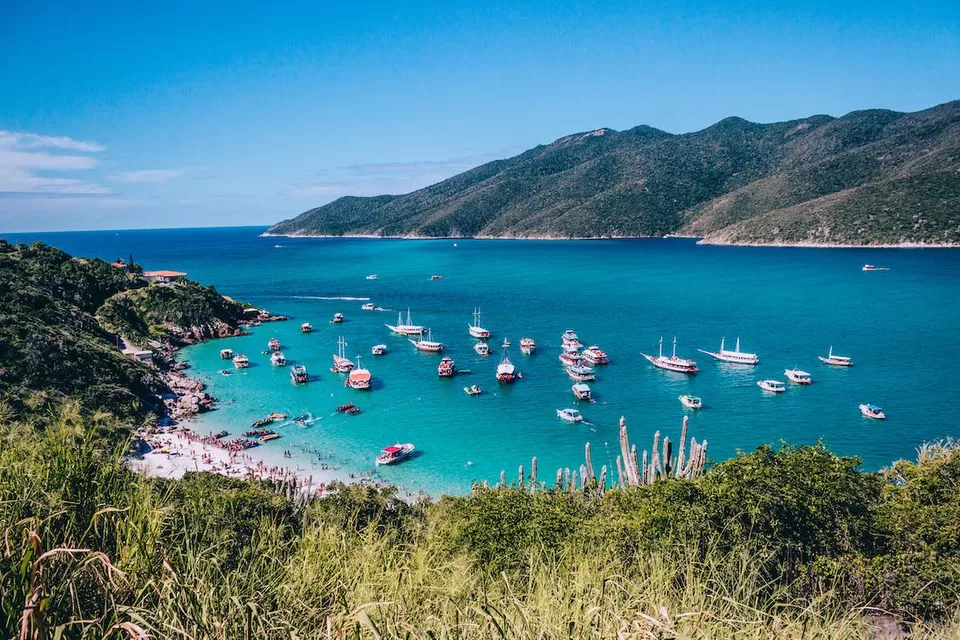
As you prepare to jet off to a foreign land, you'll probably hear the age-old question: "Is it safe to drink the tap water there?" Refrain from relying on hearsay or Google searches to find the answer. Instead, trust the Centers for Disease Control and Prevention (CDC) to keep you informed about the water quality in your destination. While this list barely scratches the surface of countries with questionable tap water, it's always wise to consult the CDC's advisory before embarking on your adventure. After all, there's nothing like a case of a traveller's diarrhea to put a damper on your holiday.
1) THAILAND
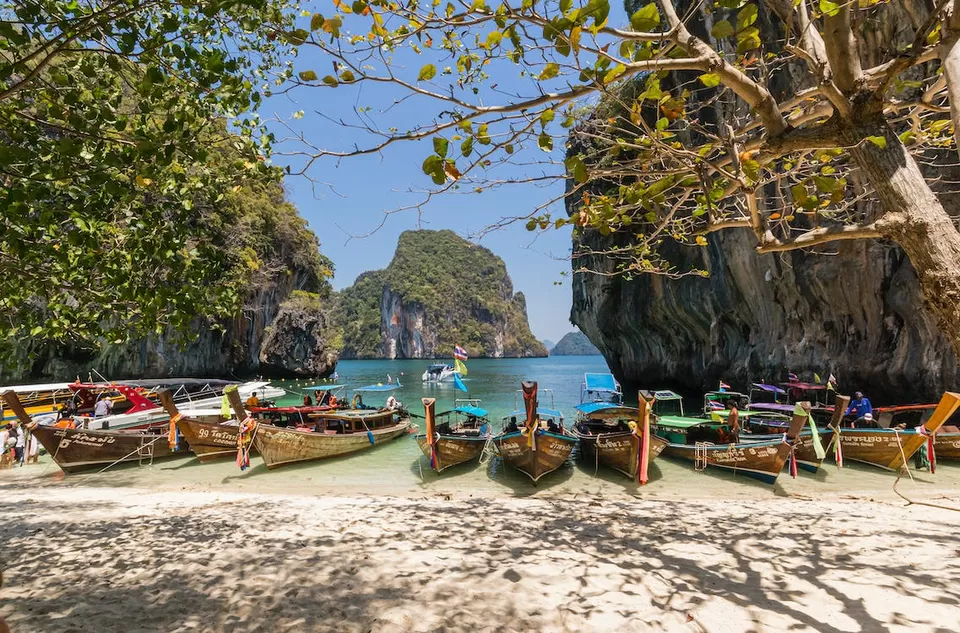
Thailand has been grappling with the issue of saline water, and the residents have resorted to using water tanks. Despite the existing problem, the tap water remains unsafe for consumption, and the locals opt for bottled water. The CDC cautions against using tap water and well water, including ice made from them. However, numerous brands in the market continue to expand, such as Nestle, Singha, Crystle, and Aura, among others.
2) India
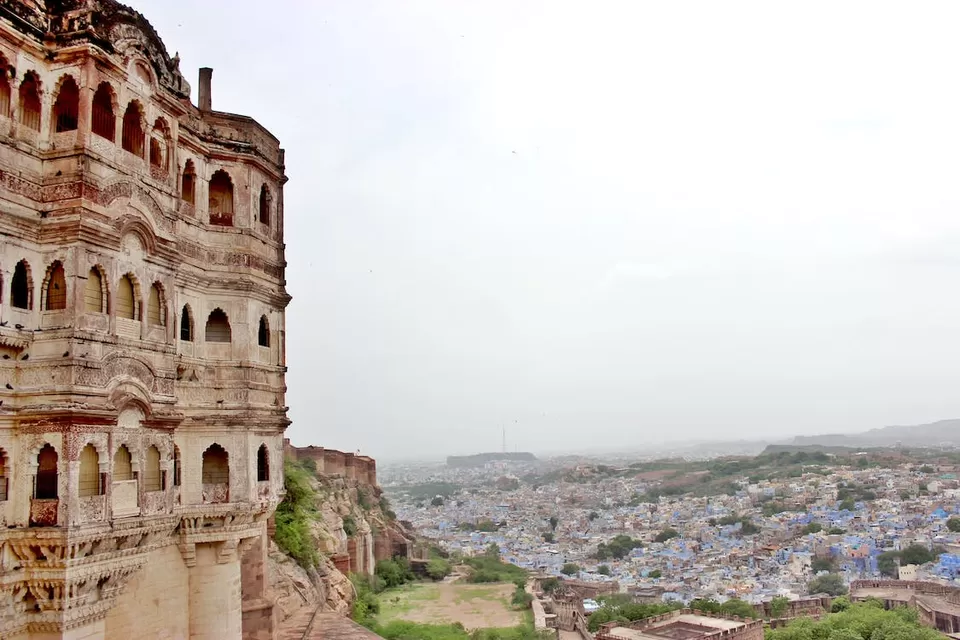
India is among the countries where drinking tap water is not safe. Although Puri in Odisha achieved the status of the first Indian city with safe tap water in July 2021, generally, it is not recommended to drink tap water in India. According to a survey conducted last year, only 2% of Indians have access to safe tap water, and the majority of people rely on filtration systems. Water-borne diseases affect a significant number of people in the country annually, with around 37.7 million being affected. While street food may be tempting, it's advisable to stick to cooked food in restaurants and boiled/filtered water.
3) MEXICO
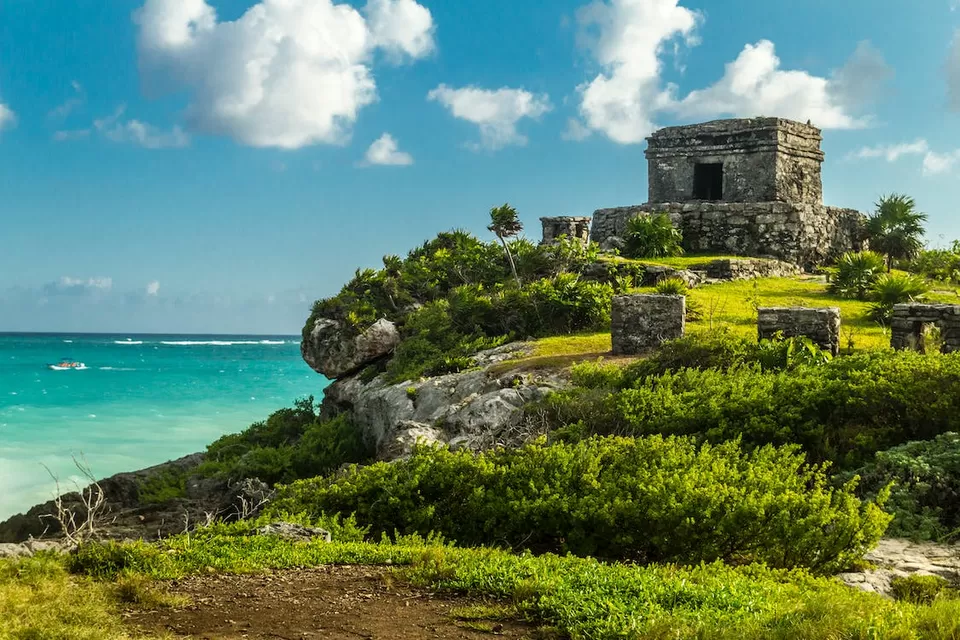
Mexico is a prime destination for American travellers due to its proximity and ease of entry, with over 22 million visitors staying overnight in 2022. Despite the pandemic, Mexico's tourism industry has seen a remarkable recovery, with a 22% increase in visitors in November alone. However, if you're planning to visit this vibrant country, remember to avoid drinking tap water or ice made from it. Even Mexicans don't drink tap water, opting for bottled water instead, making the country the world's top per-capita consumer of bottled water. Moreover, Mexico is currently facing a severe water crisis, with reservoirs drying up. So, make sure to quench your thirst with bottled water or other safe beverages while enjoying the country's diverse culture, food, and attractions.
4) THE BAHAMAS
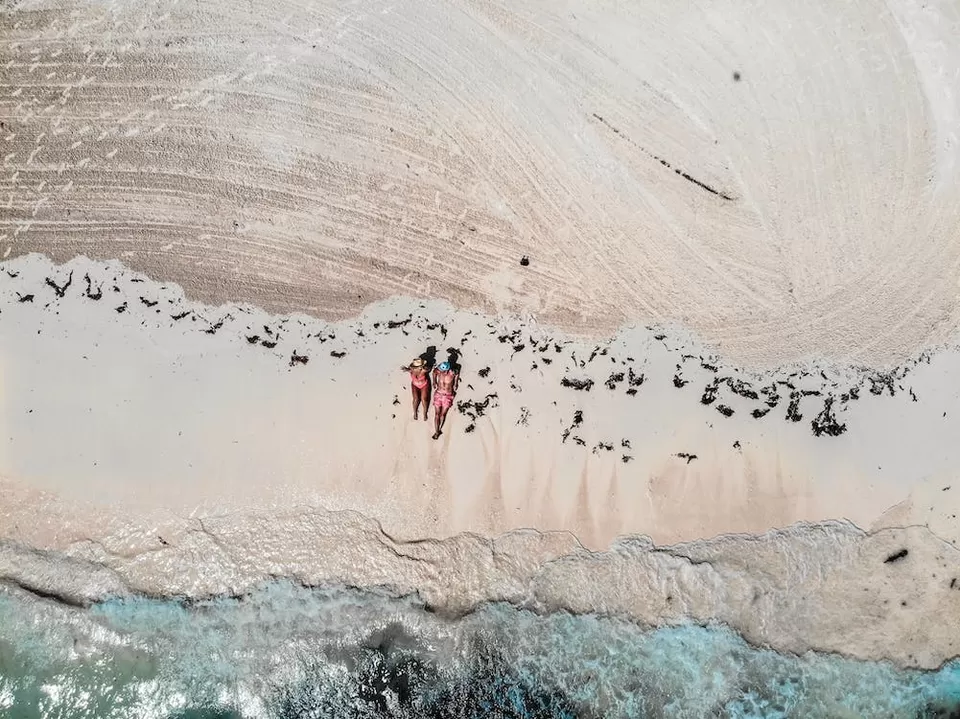
In the Bahamas, the tap water is generally considered potable, but some may notice a peculiar taste and opt for bottled water instead. The CDC advocates for the use of sanitized water as well. However, it's worth noting that the aftermath of Hurricane Dorian in 2019 had a detrimental effect on the water quality in Grand Bahama Island, resulting in a long-term lack of safe drinking water for the local residents.
5) CHINA
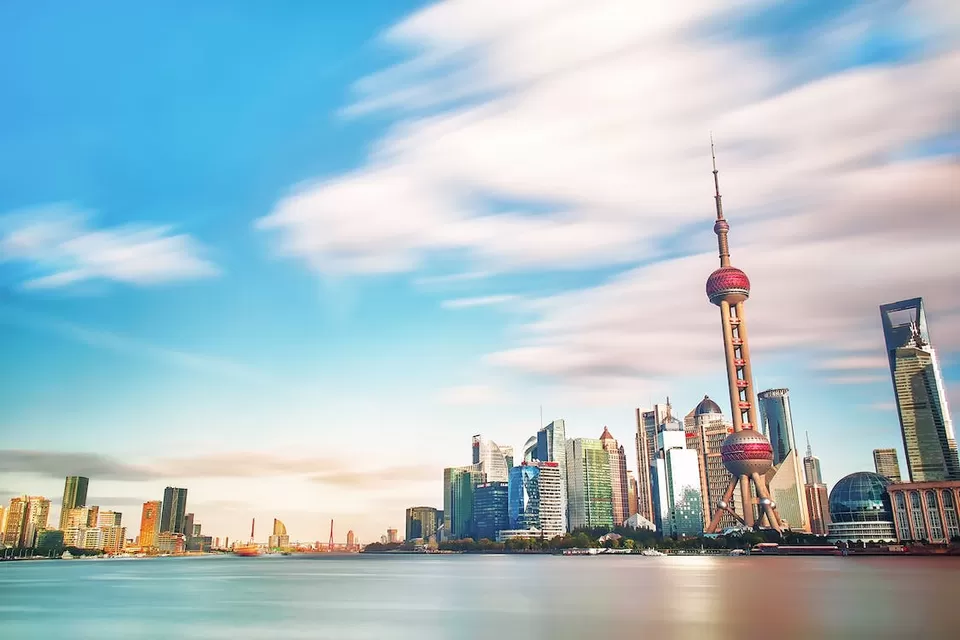
China, the most populous country in the world, is facing a major challenge when it comes to the quality of its water sources. In 2015, an alarming report indicated that a whopping 85% of the water in the country's rivers was not fit for consumption. Even in Beijing, one of China's bustling megacities and a favoured tourist spot, nearly 40% of the water was so contaminated that it was deemed useless for any kind of purpose.
6) PERU
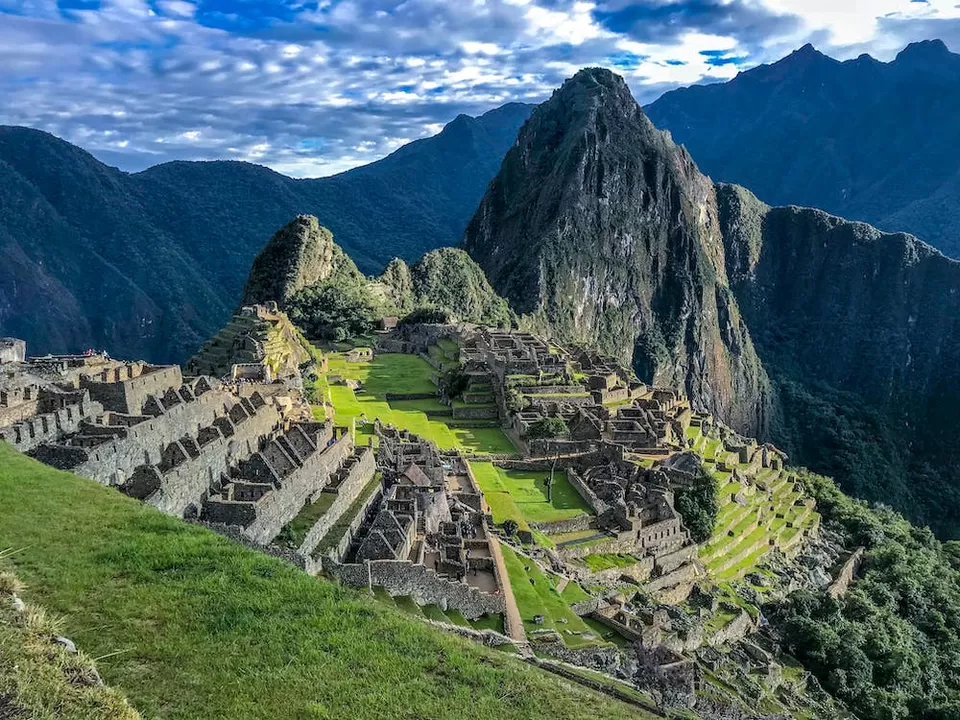
If you plan to embark on an Incan adventure in Peru, ensure that you pack a water filter or purification tablets since the water is not fit for consumption. If you intend to go trekking or camping, make sure that the water is disinfected and boiled.
Peru is grappling with a severe water scarcity crisis, and the tap water is not safe for drinking due to the presence of toxins. It's advisable to rely on bottled or filtered water to stay hydrated and healthy during your visit.
7) MOROCCO

Morocco, the land of exotic charm and timeless tales, is facing a harsh reality: a dire water crisis. Despite its portrayal as a picturesque destination, the African country is grappling with a dwindling water supply that is further aggravated by contamination, rendering the water unsuitable for multiple uses, as reported by USAID.
8) INDONESIA
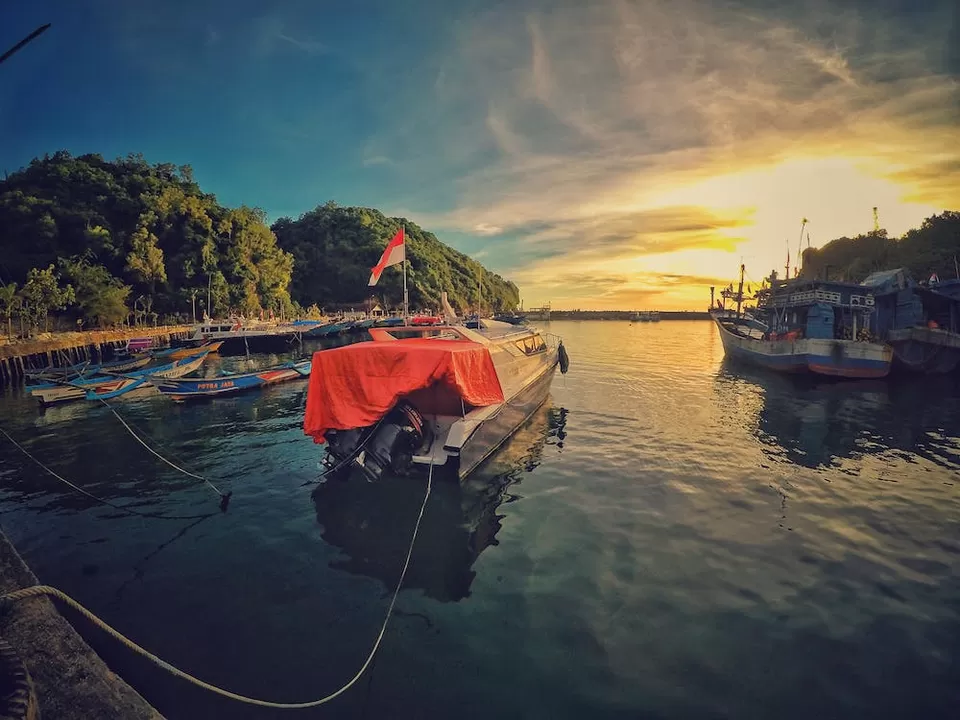
Indonesia, the world's largest island country, has a dirty little secret - contaminated water. UNICEF's study reveals that around 70% of household drinking sources are polluted by faecal waste. Piped water sources are not reliable, and locals do not risk drinking water directly from the tap. While showering may not be a problem, if you're feeling thirsty, make sure to purify the water through boiling or filtration.
9) SOUTH AFRICA

South Africa's water situation is a bit of a mixed bag. If you're in a bustling metropolis, you're good to go with tap water. However, if you're venturing off into more remote regions, it's best to give the water a good boil first. A recent report even stated that the quality of water in the country is on the decline. So, to be on the safe side, it's best to stick to filtered water, as recommended by the CDC. Water is a precious resource in South Africa, and the country is struggling to keep up with the increasing demand, leading to a concerning water scarcity crisis.
10) BRAZIL
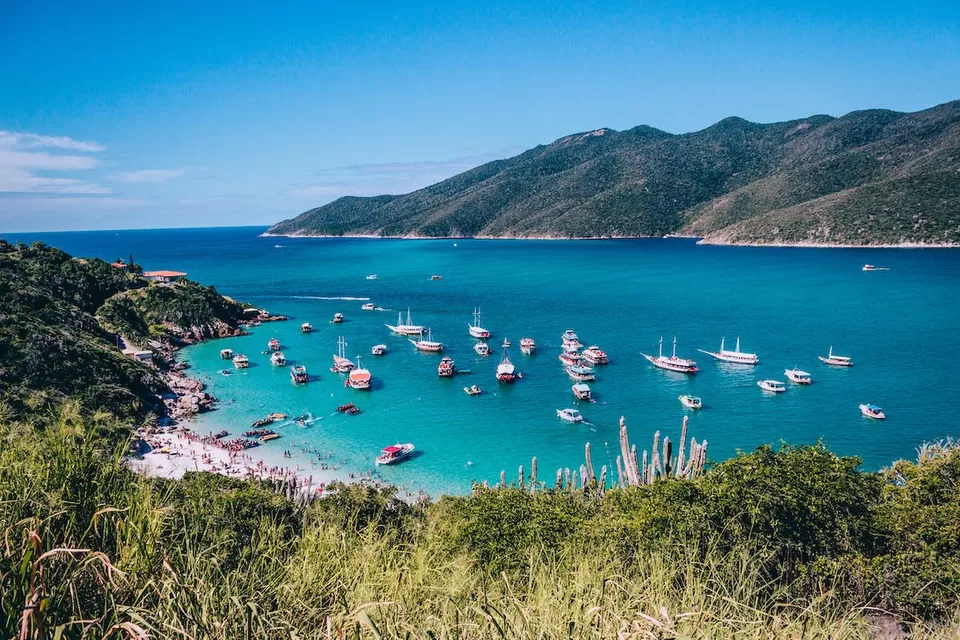
Despite being home to 12% of the world's freshwater surface reserves, Brazil still grapples with the issue of unsafe tap water, with approximately 35 million people lacking access to drinking water out of a population of 212 million. Even large cities are not exempt from the problem, with reports of residents in Rio de Janeiro complaining of smelly and contaminated tap water. The CDC advises travellers to avoid drinking tap and well water in Brazil, while a 2020 study found pesticides in the water sources of over 1,400 towns.
The irony of having abundant water reserves but facing water scarcity highlights the need for better infrastructure and management of this precious resource.
While some countries face challenges with safe tap water, there are various methods to make it potable. These methods include boiling, filtration, and disinfection with water-purification tablets. It's crucial to take precautions and be informed about the water quality in the region you're visiting.
You can connect with me, here: Instagram & YouTube.
Ready to travel for free? Earn credits and redeem them on Tripoto’s weekend getaways, hotel stays and vacation packages!
Think we missed out on something? Tell us about it in the comments below. Or write about it here on Tripoto and earn Tripoto Credits!


